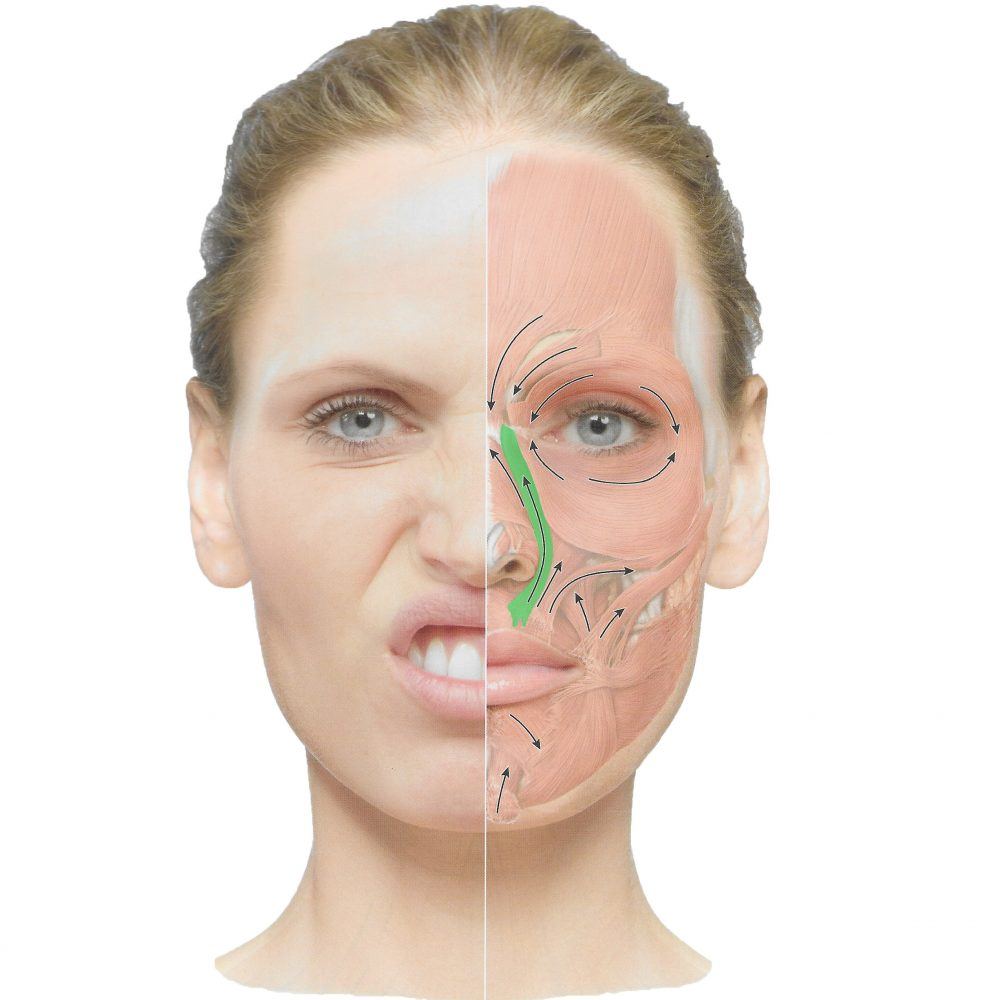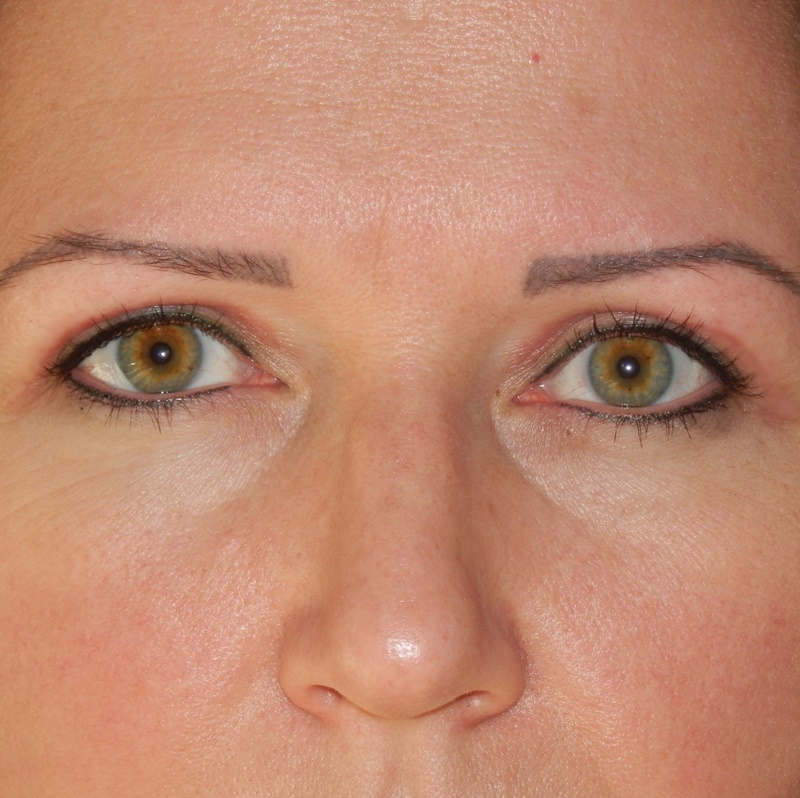
An autologous tissue reconstruction is a good option if you are thinking of getting a breast implants after radiation. This involves transferring excess abdominal tissues to your chest with the specialized techniques used in microsurgery. This surgery is performed by a surgeon who is both double-board-certified and fellowship trained.
Incidences of complication
Complications associated with radiation treatment can significantly impact the results of breast implant surgery. Many procedures may be necessary before patients are satisfied. In very severe cases, breast implant removal may be necessary. Hematoma, a buildup of blood near the site of surgery, can also be a problem. This can cause swelling, bruising, and pain. If the patient has had a prior infection or seroma, this complication is likely to happen. To remove the complication, a doctor might need to perform a second operation.
Implant contracture, also known as asymmetry, is another potential risk of radiation treatment. This is often caused by muscle. A revision surgery may be necessary in order to correct the problem. Before the surgery, the surgeon will measure the contracted superior contour and the desired superior contour. This is usually two to four centimeters lower than the contracted pole contour. The final breast shape should align with the non-irradiated, contralateral breast.

Impact on quality and life
Research into breast cancer is continuing to explore the impact radiation and breast-implant placements on quality life. It is becoming more clear that patients who combine the two procedures are better able to enjoy a higher quality of living and a better cosmetic outcome. The best approach to each procedure is still under debate. Research can help establish consensus about the best options for patients.
Modern surgery and radiation therapy can reduce the chance of a recurrence of breast cancer. The recurrence rates for modern treatments are 5% to 7% in the first ten years and 6%–7% in the second ten years. Radiation therapy for breast cancer survivors increases the risk of complications.
Complications
Breast implants or radiation therapy pose a risk to women. These risks include a decrease of breast elasticity and firmness. Radiation can also damage the microvascular circulation, reducing bloodflow. These side effects can last a lifetime. Radiation can also cause inflammation within the lungs. This can lead to shortness and dry cough.
Two-year complication rates for breast reconstruction patients with breast implants or radiation were evaluated by researchers. The researchers found that at least 39% of patients treated with radiation or implants were affected by some kind of complications. This is higher than patients who had only implants and underwent autologous restoration. However, the overall complication rates were comparable.

Treatment options
Breast reconstruction and autologous tissues transfer are the two main options for treatment of radiation-induced, breast cancer. The latter involves the removal of fat and skin excesses from the abdomen or chest. This approach improves the quality of the chest wall tissues and uses the patient's own blood supply. The procedure takes a longer time but may have fewer complications.
There are many risks involved in breast implantation surgery. Choosing the right treatment option is crucial for your overall health and comfort. Radiation can cause scarring and hardening to breast implants. This can result in a less appealing cosmetic result. Chronic pain can also be caused by radiation therapy. After radiation therapy, breast reconstruction is often recommended.